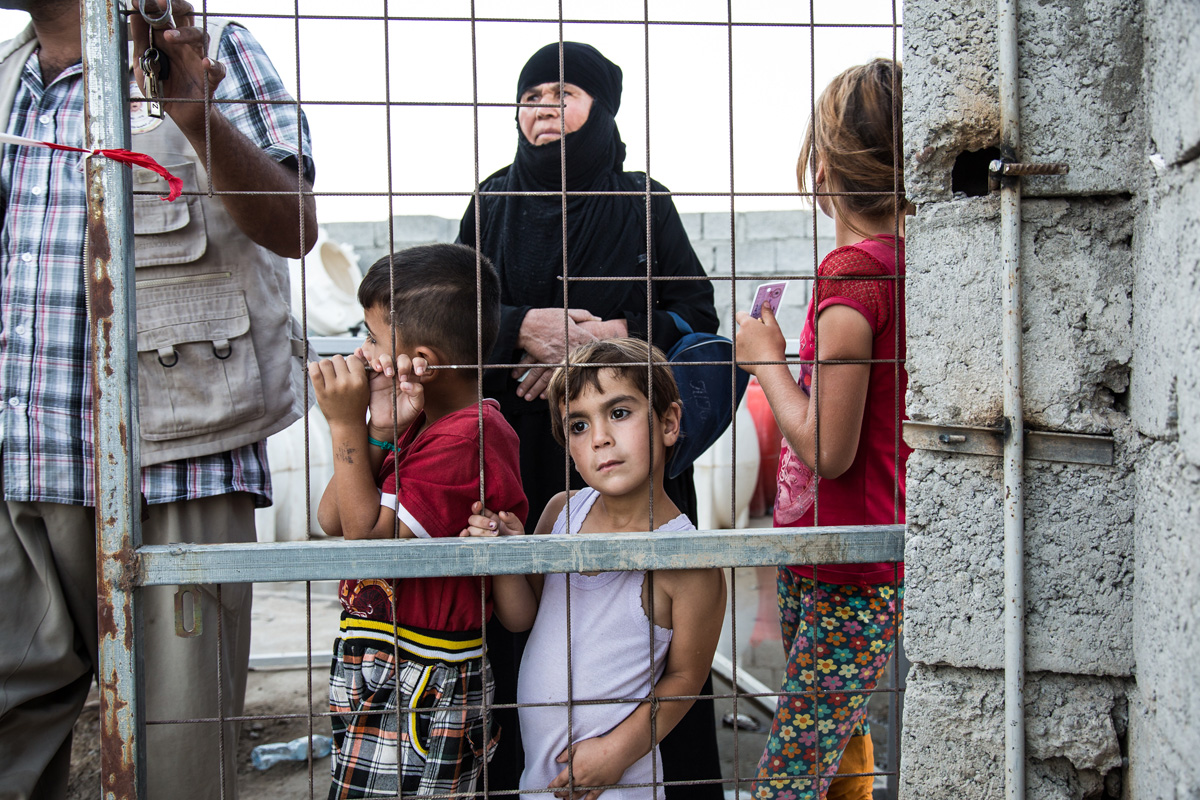-
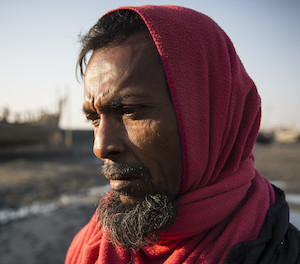
Practical Prevention: How the Genocide Convention’s Obligation to Prevent Applies to Myanmar
June 24, 2020
This is the first in a series of reports that explore whether Myanmar (Burma) is complying with its obligation to prevent genocide under the Genocide Convention.
-
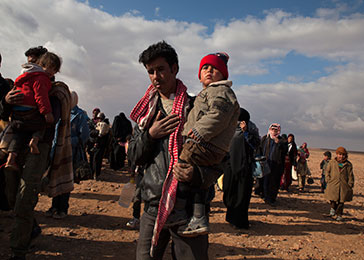
Sparks of Accountability for Syria?
June 22, 2020
On April 23, 2020, a trial before the Higher Regional Court in Koblenz, Germany marked a milestone moment: the first prosecution of Syrian government officials for crimes against humanity. This is the first step of many needed to ensure accountability for victims of this brutal conflict.
-
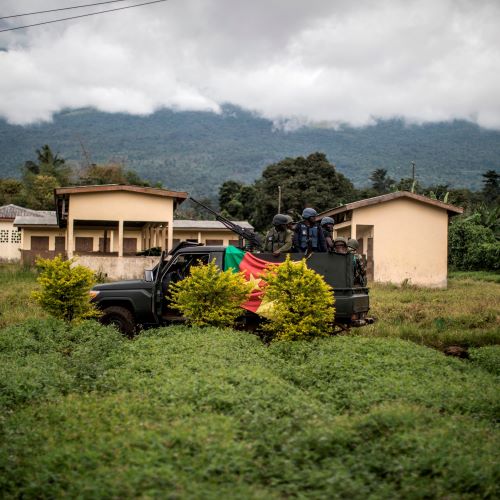
Civilians at Risk in Cameroon
June 10, 2020
When English-speaking civilians in Cameroon began protesting discriminatory government policies in 2016, government security forces cracked down violently. With more than 3,000 Cameroonians killed and 700,000 displaced since the beginning of the crisis, the violence shows no signs of abating, and the global coronavirus pandemic further complicates life in the Anglophone regions of the country.
-

Assessing COVID-19’s effects on mass atrocities and atrocity prevention
June 4, 2020
The Simon-Skjodt Center is beginning to assess the consequences of COVID-19 for genocide and related crimes against humanity and for global efforts to prevent, respond to, and advance justice for these crimes.
-

Data for Peace and Security: The Early Warning Project Connects with Innovators Worldwide
May 13, 2020
At a recent workshop, Data for Peace and Security: leveraging the opportunities of data-driven innovation and technological developments, four key themes emerged. Today, policymakers are increasingly embracing data science and new technologies, recognizing the critical role they can play in promoting peace and improving security. As the adoption of these tools accelerates, renewed attention is needed to the challenges of communication, security, and ethics.
-
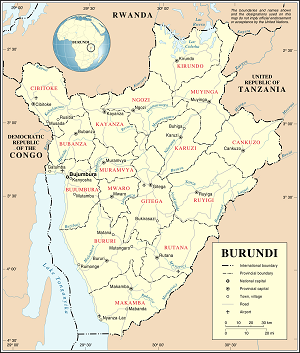
Civilians at Risk in Burundi Ahead of May Elections
May 8, 2020
Burundians are scheduled to go to the polls on May 20th. But an ongoing government-led campaign of repression, a history of mass killings, and complications from the global coronavirus pandemic threaten to exacerbate atrocity risk surrounding the elections.
-
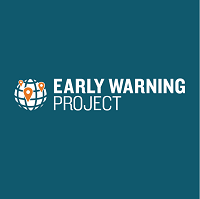
State of the World: Mass Killing in 2019
April 8, 2020
No new mass killing episodes began in 2019, according to the latest review by the Early Warning Project. This good news, however, is tempered by the historically high number of ongoing mass killings: 20 separate episodes as of the end of 2019, perpetrated by 10 states and 10 nonstate groups, in 15 countries.
-
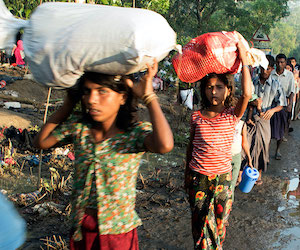
Nowhere to Turn: Rohingya Trapped Between Ongoing Risk of Genocide and Deadly Spread of Coronavirus
April 6, 2020
As the coronavirus pandemic ravages the globe Rohingya refugees face an impossible predicament.
-

Commemorating Victims and Spurring Policy Action as Syrian Crisis Enters Tenth Year
April 6, 2020
March 15 marked nine years of conflict in Syria and the message of the day was clear: complacency is unacceptable. This message was echoed throughout a series of events and meetings facilitated by the Museum in the days leading up to the somber anniversary.
-

The Private Sector and Atrocity Prevention: Lessons from Côte d’Ivoire
March 31, 2020
The private sector in Côte d'Ivoire has a critical role to play in ensuring a peaceful electoral process through 2020.
